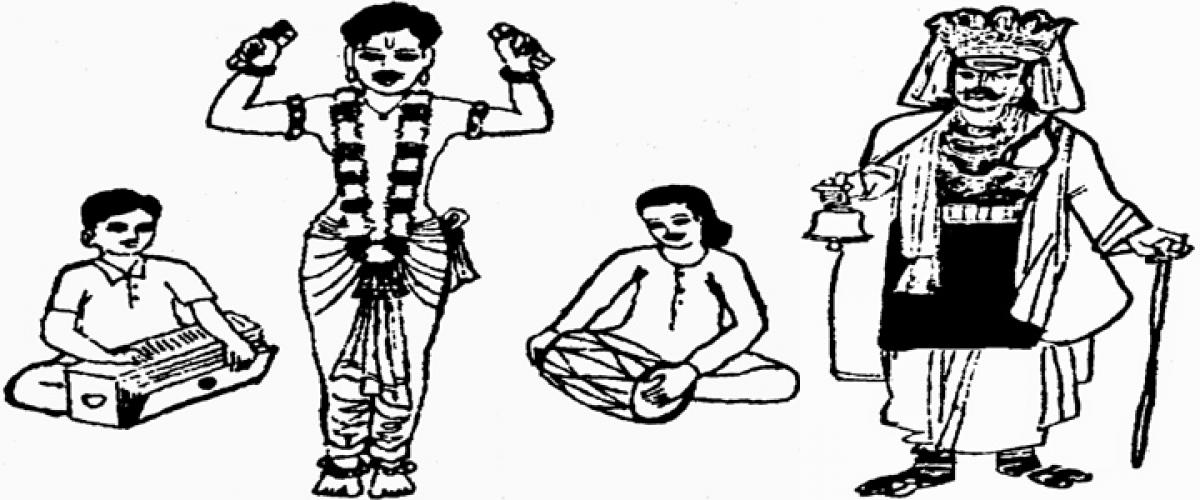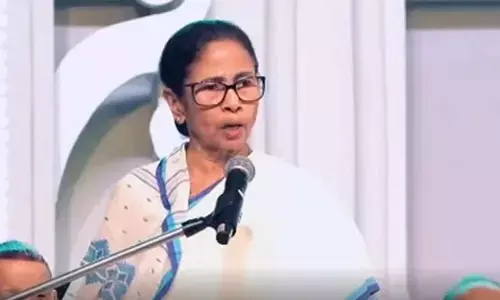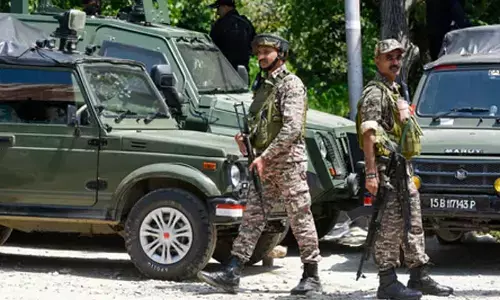The Colossal Failings

My great grandfather migrated to the far north of erstwhile North Arcot District of British India from far south of the same district in the 1850s on request of people of a village there to teach them. They provided him with a small cottage and gave a few acres of land for sustenance.
My great grandfather migrated to the far north of erstwhile North Arcot District of British India from far south of the same district in the 1850s on request of people of a village there to teach them. They provided him with a small cottage and gave a few acres of land for sustenance.
The school in those days was called Palukootam, which means the abode of speech. They used to have holidays only on the full moon day (Pournami) and no moon day (Amavaasya). All that the teacher taught was only Telugu, the mother tongue.
The syllabus contained the first five parvas of Mahabharatham, Virataparvam, Nalacharithra, a few episodes like Gajendramoksham and Prahlada Charithra from Mahabhagavatham, Ranganatha Ramayanam and some arithmetic essential for the simple life in the villages.
Besides teaching these books, the teacher of those days in our villages had to train the students in enacting plays, which were mostly based on the stories from the above classics. All villagers learnt them enthusiastically and retained the spirit of it throughout. They led a complacent life without any complaints, withstood the ordeals of life majestically and brought up their posterity comfortably.
Education in those days was not confined to schools as the students enjoyed a comprehensive artistic and cultural life. In our village, which is called Thondanadu, during those days, an annual 18 days programme called ‘Mahabharatha Yajna’ was regularly conducted and the story of Mahabharatha was related as a Harikatha (a culture folk form) during the day, which synchronised with a performance of the same story as a drama during the night.
The exponents of that performance from Kuppam used to combine folklore and the padyas of great Telugu Bharatham and spellbind the audience throughout the night until dawn. Many folk performances based on folk stories like Desinguraja, Nalla Thangaal, Kambojaraja, Kavamma, Balanaagamma and the war of Bobbili were presented by the itinerant caste artistes.
Life in the rural places was closely connected with song and play. The illiterate farm workers used to sing many songs while working to dissipate their strain and entertain themselves. Those songs and stories did glorify many superstitions and evil customs but they had undoubtedly created praiseworthy cultural strata. They lived in the lap of nature without craving for unnecessary physical amenities.
My grandmother used to carry a cloth bag containing books like ‘Oormiladevi Nidra’, ‘Pandari bhajanalu’ and ‘Kusumaharinadh Bhajanalu’. She used to read them when she had leisure and used to sing them for us at our request.
Like the rustics, we, the children, might not have understood the meaning of it but the melancholic song that described how Oormila warned Lakshmana, her husband, who entered her bedroom after the exile and the way that Lakshmana narrated his experiences in the war with Ravana engrossed us with inexpressible anguish.
Our simple dwelling, a hut, in our ancestral village always reminds me of the Jangama singers, who used to visit us every year in the early hours of the morning of Sankranthi clad in white impeccable dhotis and their song used to reach our house ahead of them piercing the screens of snow of winter:
“Parvathaala Saambhasivudu, Bhadreswaraa,
Vachchi Vaakita nilachinaadu, Bhadeswaraa,
Bhagyanomu lichchevaadu, Bhadreswara,
Punnemunomu lichhevaadu, Bhadreswara,
Oruganti Sambhasivudu, Bhadeswara,
Vaalaalaade Velalayya, Bhadeswaraa…”
All those classics and folk songs eulogised caste, untouchability, gender discrimination and unequal distribution of wealth. And so getting rid of them is summarily justifiable. But the unfortunate thing is that a healthy cultural life is gone along with that as we couldn’t nurture an alternative cultural environment.
The government has rightly taken over the field of education after independence. Government schools were established, training colleges for the teachers were started and score of bodies that design the syllabus of every possible phase of education were constituted.
The students had to follow three language system but the importance of the mother tongue wasn’t properly protected and the cultural bearing of the education was not efficiently imbibed. For a long time we believed that praising the old and denouncing the present is a characteristic feature of the cynical people, and thus failed to realise the deterioration of standards in education.
Way back around in 1920s Rabindranath Tagore wrote a fable entitled, Parrot’s Training. A king who wanted to educate a parrot assigned that duty to his nephews, who constructed a huge edifice called school, employed innumerable teachers and imported thousands of books.
When the bird fluttered its wings they summoned carpenter to make a cage for it and a goldsmith was also employed to forge a chain to clip its wings. The king got immensely satisfied by inspecting the arrangements and after some days summoned his nephews to send the bird to exhibit its training in the court.
Then the nephews forced the bird to utter at least two alphabets and when it failed they pushed a paste of the books into its throat. The soldiers took the dead bird to the court; the king pressed its throat and got terribly satisfied by hearing the rustling of the papers as he felt that the education of the bird was successfully completed.
Plenty of water passed under the bridge since the writing of that story. It is high time to introspect and revise before it gets too far to correct.




